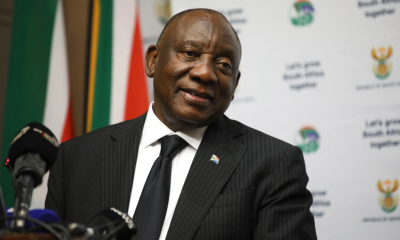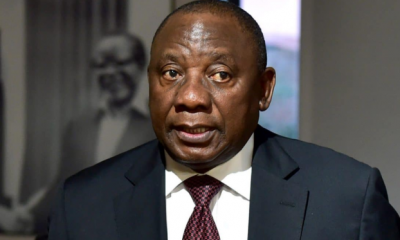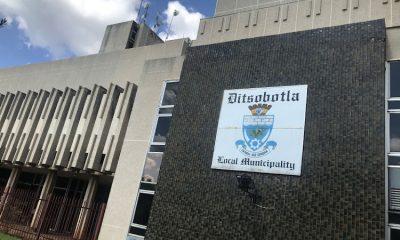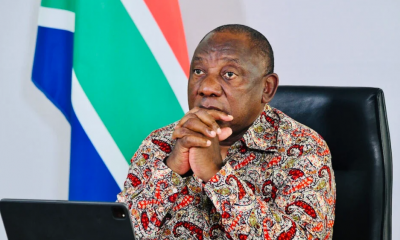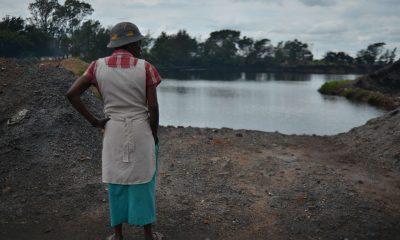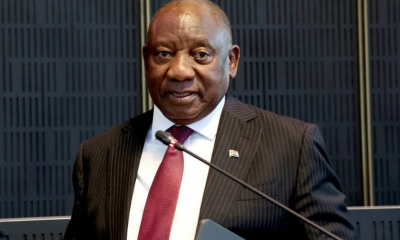411
“Ticking Time Bomb”: South African Businesses Fear Civil Unrest Reboot Amid Economic Strain
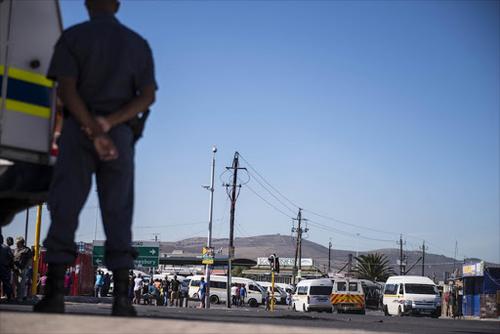
South African businesses are sounding the alarm once again, warning that the country is teetering on the edge of renewed civil unrest.
A report by Allianz Commercial, titled the 2025 Political Violence and Civil Unrest Trends, paints a grim picture of global instability—and South Africa stands out as a key risk zone. According to the findings, 79% of South African businesses fear a repeat of the 2021 July riots, citing ongoing economic stagnation, high unemployment, inequality, and failing infrastructure as major contributing factors.
Economic Pressures Fueling Public Anger
The 2021 unrest, triggered by the imprisonment of former president Jacob Zuma, resulted in more than R50 billion in economic losses and left thousands of businesses in ruins. Beyond the economic cost, the riots deeply scarred communities and strained law enforcement and emergency services.
Now, with economic recovery stalling and frustrations mounting, the fear of history repeating itself is very real. South Africa’s unemployment rate remains among the highest globally, inequality is entrenched, and many citizens feel abandoned by the state.
The Allianz report highlights that political risk and civil unrest are no longer regional concerns—they’re global issues. Countries like Colombia, France, the UK, and the United States are also battling waves of social discontent driven by economic injustice, racial tensions, and political divisions.
Infrastructure and Water Failures: A Tipping Point
What makes South Africa particularly vulnerable right now is the growing crisis around basic service delivery—especially water.
Despite full dams in areas like Gauteng, water outages are frequent and prolonged. More than 40% of pumped water is lost before it reaches homes or businesses, due to outdated infrastructure and widespread mismanagement.
Water scientist Dr Anthony Turton warned that the country has enough water to sustain both economic growth and population demands—if it were managed properly. “The problem is that we are not managing it wisely,” he explained in the report.
This water insecurity poses a serious threat to sectors like agriculture, retail, and manufacturing, all of which rely on a stable water supply. Disruptions can mean shutdowns, job losses, and rising consumer costs, which only worsen public frustration.
Government Response: Too Little, Too Late?
President Cyril Ramaphosa has acknowledged the crisis, attributing many of the failures to underinvestment in infrastructure at the municipal level. While he has called on local governments to prioritize water systems, critics argue that bureaucracy, corruption, and political gridlock have stalled real progress.
With economic conditions deteriorating and essential services failing, South Africa risks slipping into a perfect storm of unrest—unless urgent action is taken.
The Insurance Burden and Global Impact
Civil unrest doesn’t only hit businesses and communities—it also strains insurers. Swiss Re estimates that over $10 billion in insured losses have resulted from civil unrest globally in the past decade. South Africa has contributed significantly to this figure, particularly from the 2021 riots.
As Allianz notes, the impact of unrest goes far beyond physical damage. It disrupts supply chains, scares off investors, and weakens the overall economy. And with the 2025 risk outlook sounding the alarm, many fear that South Africa could again become a flashpoint in a world increasingly defined by instability.
{Source: African Insider}
Follow Joburg ETC on Facebook, Twitter , TikTok and Instagram
For more News in Johannesburg, visit joburgetc.com

